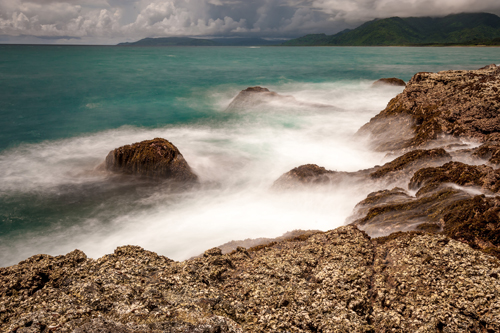An international tribunal has ruled against China’s claims to disputed waters in the South China Sea.
China claims historic rights to territory stretching south across the sea, down to a so-called “nine dash line” that encompasses 90% of the South China Sea’s resources, including fisheries, shipping lanes and potential energy resources.
The territory includes the Paracel Islands, Scarborough Shoal, and the Spratly Islands, variously claimed by China, Taiwan, Vietnam, the Philippines, Malaysia and Brunei. The Philippines sought UN arbitration in an attempt to find an internationally agreed solution, though the ruling also benefits other bordering states threatened by China's expansion.

(Image credit: jojo nicdao)
The tribunal is not responsible for the reallocation of territory but determines which maritime features should generate territorial rights under international law. The ruling rejected China’s claims partly on the grounds that rocky outcrops could not be used as the basis of territorial claims.
The tribunal declared that some of the waters were “within the exclusive economic zone of the Philippines, because those areas are not overlapped by any possible entitlement of China.” Moreover, it found that the Philippines had traditional fishing rights at Scarborough Shoal to which China had restricted access. Therefore, China had violated the Philippines’ sovereign rights.
The Hague also condemned China’s initiation of land reclamation projects and construction of artificial islands—used for naval, air force and missile bases—which have caused environmental and ecological damage and destroyed the natural condition of areas that are the basis of the original dispute.
China has not accepted the UN’s ruling and previously refused to participate, though it is a signatory of the UN’s convention on the law of the sea and a member of its security council. China’s official news agency, Xinhua, described the ruling as “ill-founded” and “naturally null and void”.



On social media? Why not give us a follow...